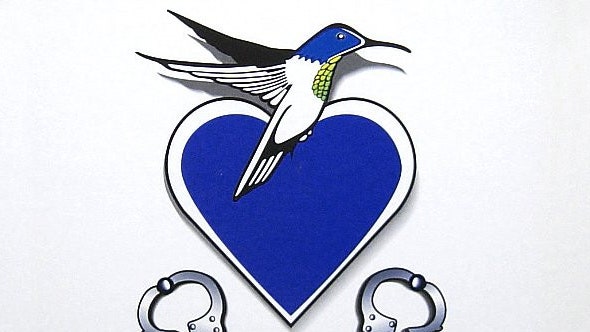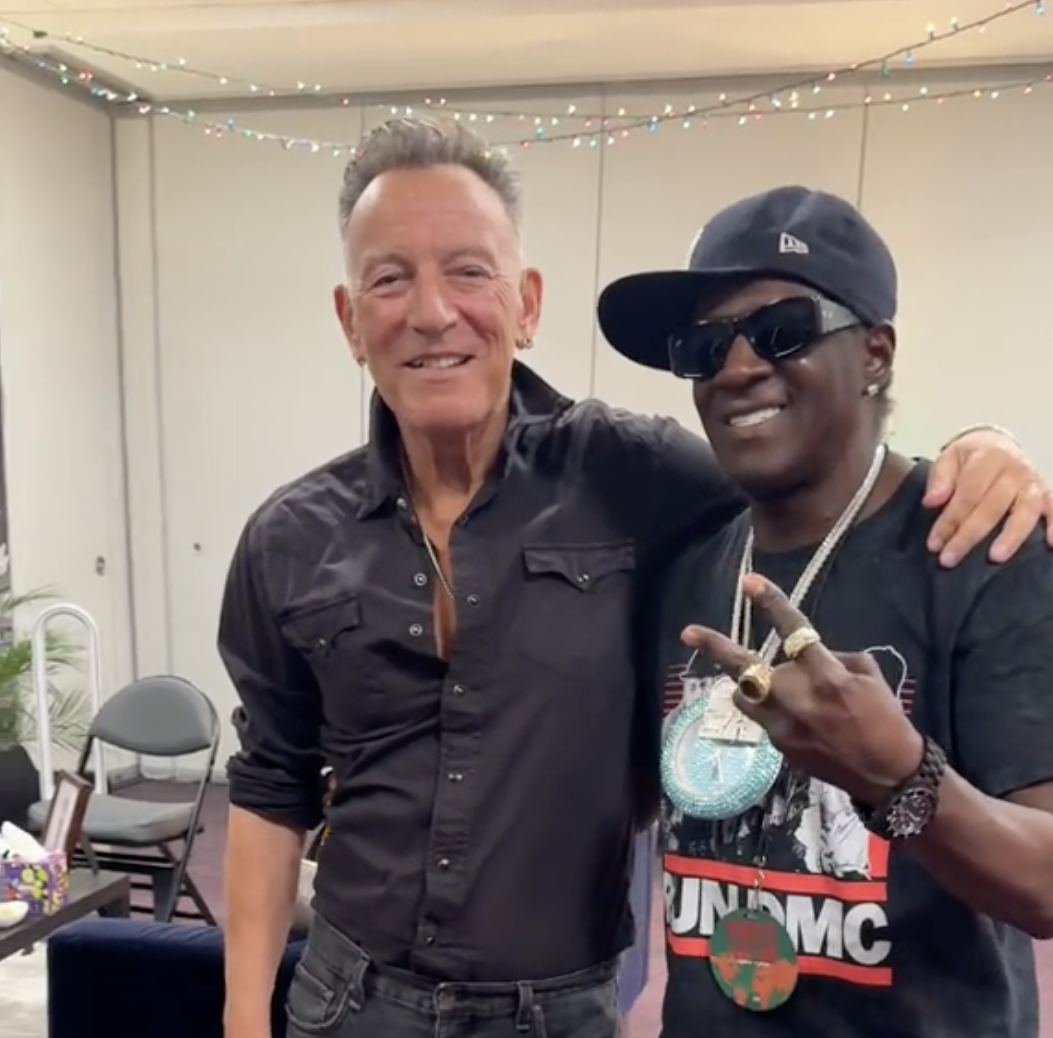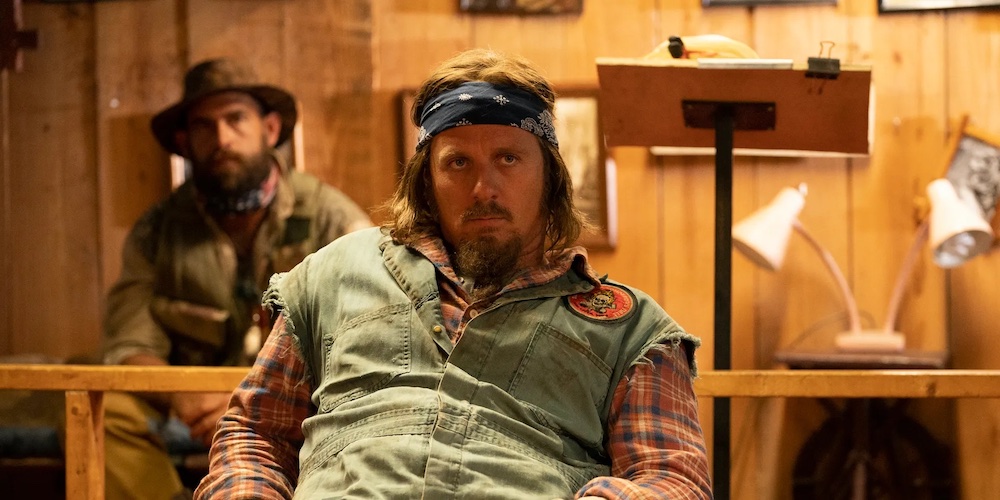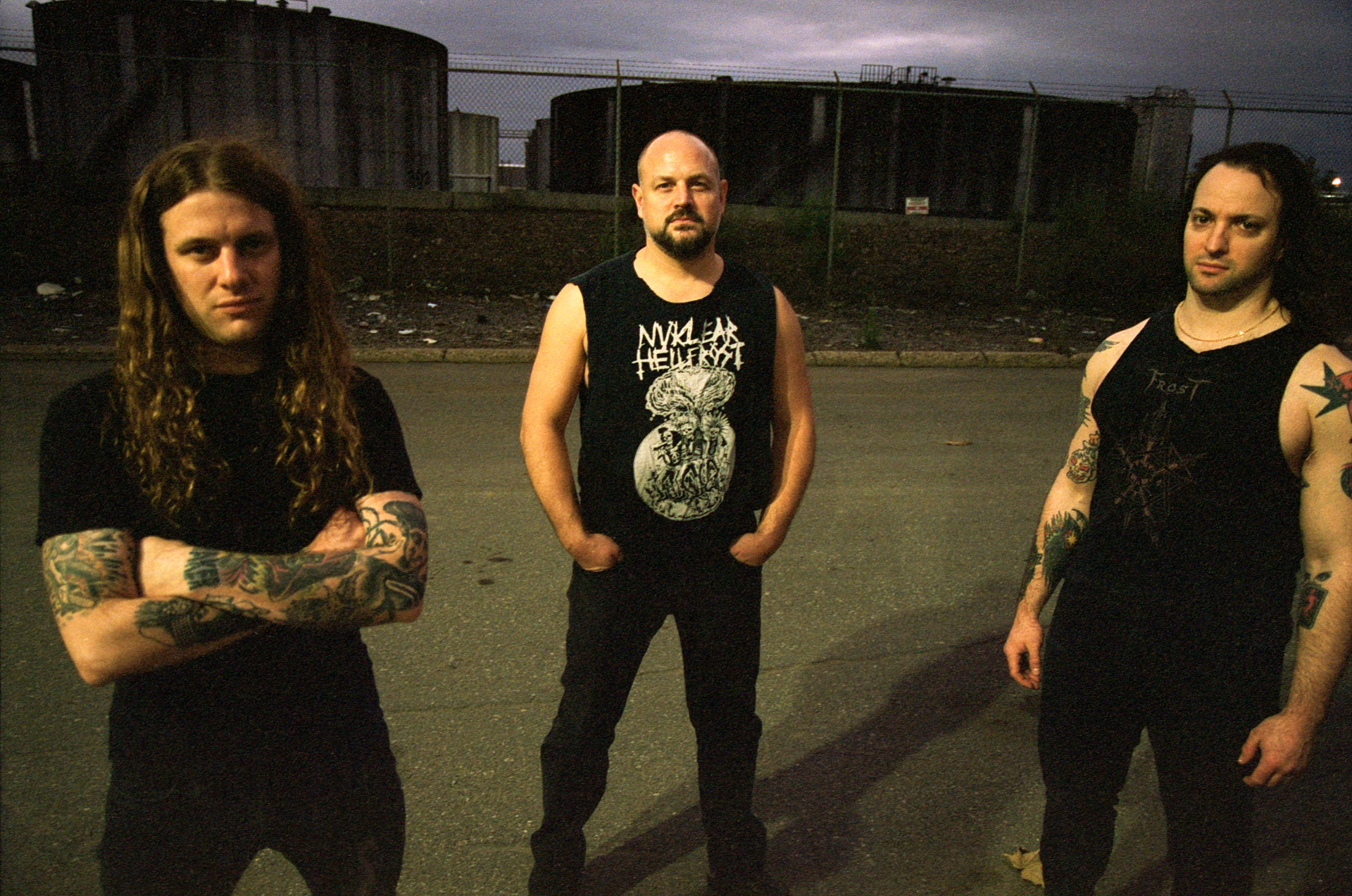The Future’s liner notes begin with a quote from the book of Genesis, in dedication to De Mornay, and there are moments across the album when Cohen’s familiar lust hints at something more lasting. The achy-breaky fiddle-country of “Closing Time,” every bit as flush with significance as The Future’s more topical songs, paints an uproarious scene of boozy barroom hookups—someone’s “rubbing half the world against her thigh,” the drinks are spiked with LSD, and the Holy Spirit wonders, “Where’s the beef?”—but a confession of love lies at its heart. The musical-chairs moment when last call ends and single bar patrons couple up acts as a nifty metaphor for how anyone finds a meaningful connection with anybody. Cohen, of course, states his intentions more existentially: “I loved you for your body/There’s a voice that sounds like God to me/Declaring that your body’s really you.”
Elsewhere, Cohen’s tormented search for transcendence leads him in a more self-consciously meta direction. The results can be confounding but also profound. His games with high-gloss production begin to drag on “Light as the Breeze,” a schmaltzy ode to oral sex (“So I knelt there at the delta/At the alpha, and the omega/At the cradle of the river and the seas…”). But the song is most fascinating for how it doubles, once again, as a paean to inspiration itself. Cohen sings about “sleeping in your harness,” a phrase he also used in an interview to describe his all-consuming life’s work: The songwriter as a dog forever tied to his sled, disciplined and attentive even when he’s at rest.
The two covers—a straightforward rendition of Freddie Knight’s obscure ’70s R&B nugget “Be for Real,” which at one point was intended to be the album title, and a bonkers eight-minute bump-and-grind through Irving Berlin’s chivalrous 10-line standard “Always”—aren’t merely ironic. They complement The Future’s other attempts to express endless love in a postmodern world that rejects eternal certainties. If the flood is here, then Cohen is shoring up all of his fragments against the tide. A virtuoso of meanings is saying, in every way he can: He means it, baby. When Cohen at last falls silent, on finale “Tacoma Trailer”—a woozy and lovely drift of Synclavier and upright bass, originally composed for a play, that could float over the titles to Twin Peaks—the decision to remove his voice from the conversation feels portentous and inscrutable, as if he’s declaring, “You’re on your own.”
Like “Tower of Song” on I’m Your Man, The Future also has a song that helps unlock Cohen’s sense of himself as an artist. “Anthem,” a waltzing, gospel-tinged hymn, co-produced by De Mornay, centers on a quatrain influenced by the Jewish mystic tradition of Kabbalah: “Ring the bells that still can ring/Forget your perfect offering/There is a crack in everything/That’s how the light gets in.” If the album has a philosophical underpinning, Cohen told one interviewer, it’s in those words. The Future often exposes human failings; “Anthem” is a recognition that these failings make us human. It’s also an apotheosis: In the brokenness of the human condition, Cohen glimpses something divine, and you can hear it, too. Not that he was so forgiving of perceived imperfections in his own efforts. Cohen said that “Anthem” took a decade to write, and he tried recording it three times. The “crack in everything” line came to him before 1982, and goes far beyond The Future: “That has been the background of much of my work,” Cohen said. On his final tour, it was the last song he played before skipping offstage for intermission.



